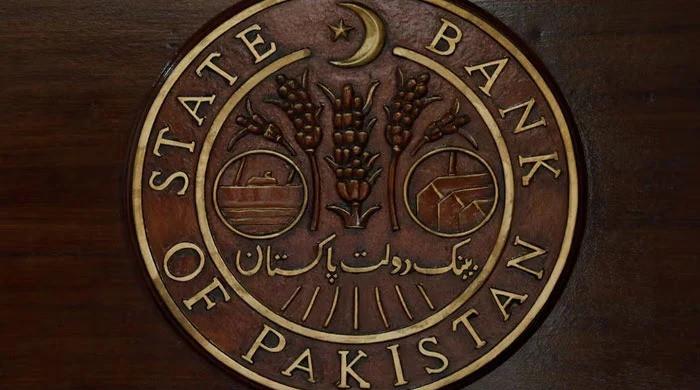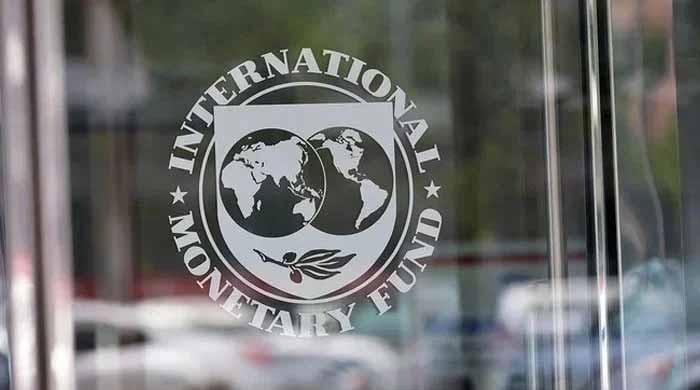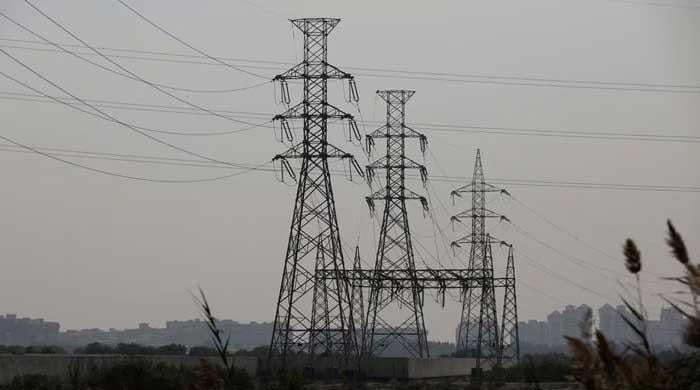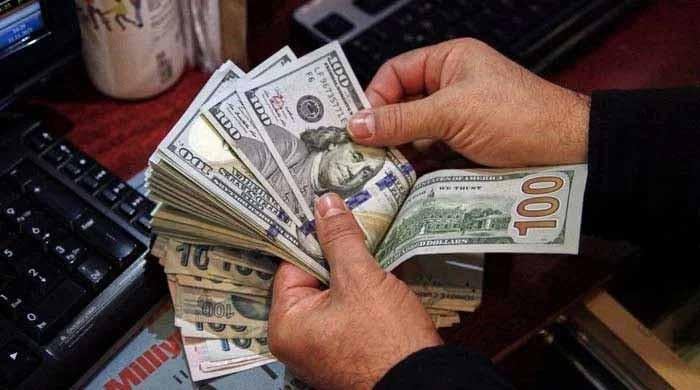Pakistani drugmakers threaten to stop production as liquidity crunch bites
Pharma companies press for increasing prices as manufacturing at current rates "no longer feasible"
February 06, 2023
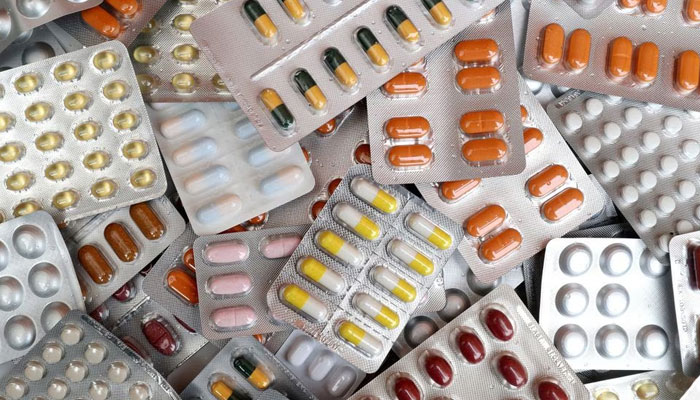
- "Producing medicine has become completely unsustainable."
- 10 pharmaceutical firms give notices to health ministry: DRAP.
- "Cost of production up manifold must increase prices to continue production."
KARACHI: Citing an unprecedented increase in the cost of production due to the massive rupee devaluation in Pakistan, several local pharmaceutical companies Monday said it had become "completely unsustainable" for them to manufacture medicines and ensure their availability beyond the next seven days.
Today, around 10 leading pharmaceutical companies have given separate notices to the federal health ministry and the Drug Regulatory Authority of Pakistan (DRAP), claiming that they are going to stop production of medicines after a week if prices are not increased immediately.
"The cost of production of medicines has increased manifolds due to massive rupee devaluation and increase in prices of utilities”, former chairman of the Pakistan Pharmaceutical Manufacturers Association (PPMA) Qazi Mansoor Dilawar told The News.
Referring to decisions taken at a meeting of pharmaceutical companies on Sunday — attended by PPMA members from both South and North Zones — Dilawar said: "Due to an increase in the prices of Active Pharmaceutical Ingredients (API) as well as packaging material, it is no more feasible for pharmaceutical companies to manufacture medicines and sell them at the current rates."
He also shared a letter sent to DRAP and Federal Health Minister Abdul Qadir Patel by pharmaceutical companies, in which they said, "local pharmaceutical industries are heavily dependent on the import of raw materials to ensure uninterrupted availability of medicines in the country.
“Unfortunately, the industry has suffered a devastating blow as prices of the APIs i.e. raw material used in the manufacturing of drugs increased exponentially in the international market since the outbreak of the COVID-19 pandemic.”
The letter also underscored that other factors of production like the cost of fuel, electricity, freight charges, and packing material witnessed an unprecedented increase during the same period.
The letter further states that the Pakistani rupee has devalued by more than 67% against the US dollar since July 2020, but the local pharmaceutical industry played a pivotal, patient-centric and responsible role during the COVID-19 pandemic, dengue fever crisis and public health crises — emanated due to massive monsoon rainfalls and unprecedented levels of flooding — by ensuring uninterrupted availability of life-saving medicines.
“In order to avert an imminent catastrophe, the pharmaceutical industry has repeatedly requested federal authorities and DRAP to take appropriate and concrete remedial measures by inter alia allowing inflationary adjustments in the maximum retail prices of medicines, which if not addressed would result in the inevitable collapse of the local pharmaceutical industry.”
The pharmaceutical industry, according to the letter, has continuously drawn the attention of authorities towards the fact that the impediments of growth in the pharmaceutical industry would have one critical effect: the denial of access of patients and the public at large to safe, effective, potent, beneficial, efficacious and economical drugs.
Dilawar also added that both the federal government and the DRAP had failed to take any measures whatsoever to protect the public and improve the situation, which has resulted in the collapse of the pharmaceutical industry as it is unable to ensure further production of safe, efficacious, and qualitative therapeutic goods with rational use at reasonable prices to the general public.
Dilawar said, “It goes without saying that 'reasonable prices' do not only mean those which are reasonable for the public at large but also for pharmaceutical manufacturers to import, distribute, and market medicines.
"This is a fundamental right guaranteed to the members of the pharmaceutical industry under Article 18 of the Constitution of the Islamic Republic of Pakistan 1973.”
He further added that the Pakistani rupee has devalued by approximately 26% against the dollar since July 2022, and has devalued by approximately Rs50 against the dollar since January 2023.
“Furthermore, the Consumer Price Index rose by 27.6% in the month of January 2023 compared to the same period last year.
"On account of the volatile economic situation presently prevalent in the country, it is projected that the Pakistani rupee will continue to further devalue and CPI will continue to increase.”
“Authorities' inaction has resulted in a force majeure being triggered in respect of the pharmaceutical industry’s obligations to ensure uninterrupted availability of medicines in the local market and to the public at large."
On the other hand, DRAP officials told The News that they had not received any letter from any pharmaceutical company till 4pm on Monday regarding the suspension of production.
“We have not received any letter from any pharmaceutical company regarding the suspension of production by them. Actually, the country’s economic situation is very bad and at this juncture, every person should act responsibly”, an official of the DRAP said.




